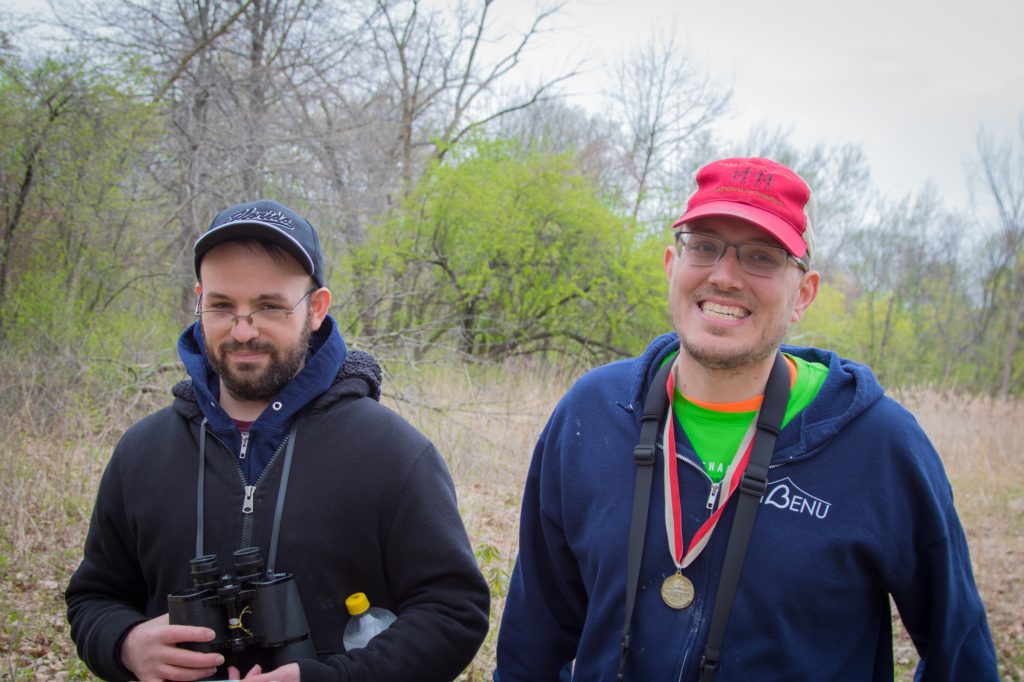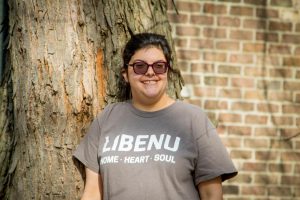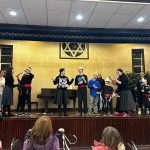
Tu B’Shvat – Cultivating Inclusion and Belonging
Dear Friends,
Tu B’Shvat, also known as the “New Year for Trees,” is a Jewish holiday that celebrates the intrinsic connection between humans and nature. It is traditionally observed by planting trees, enjoying fruits from Israel, and reflecting on the importance of nature in our lives. Tu B’Shvat can serve as a powerful metaphor for understanding and embracing the diverse aspects of human existence, especially when considering individuals with disabilities. Just as each tree in a forest contributes to the ecosystem’s health and beauty, each person, regardless of their abilities, plays a vital role in the fabric of our communities.

The holiday of Tu B’Shvat provides an opportunity to explore themes of inclusion and belonging. In a forest, every tree, whether tall or short, robust or slender, serves a purpose. Similarly, in our society, individuals with disabilities bring unique perspectives and strengths. Celebrating Tu B’Shvat can remind us of the value of diversity and the importance of including people with various abilities in all aspects of community life. This inclusion enriches our communities, much like the diverse species of trees that create a robust and resilient forest ecosystem.
Furthermore, the holiday emphasizes the beauty of individuality. Just as each tree is unique in its structure, bark, leaves, and fruit, each person, including those with disabilities, possesses unique traits and talents. Recognizing and appreciating these differences is crucial in fostering a sense of belonging and acceptance. Tu B’Shvat can serve as a reminder that our differences, like those found in nature, should be celebrated and valued.

Moreover, Tu B’Shvat can inspire us to reflect on the interconnectedness of all living beings. Trees in a forest rely on one another for survival, much like people rely on the strength of their communities. This interconnectedness is particularly significant for individuals with disabilities, who often depend on supportive networks for various needs. The holiday encourages us to strengthen these bonds, ensuring that everyone, regardless of their abilities, feels supported and valued in their community.
Tu B’Shvat offers a lesson in resilience and adaptation, qualities often embodied by individuals with disabilities. Trees must adapt to their environment to thrive, just as people with disabilities adapt to a world that is not always accommodating. Celebrating this resilience during Tu B’Shvat can deepen our understanding and respect for the challenges and triumphs of those with disabilities. It reminds us that, like trees in a forest, each person adds to the richness and diversity of our communities, making them more beautiful and robust.
Finally, as trees provide shelter and protection, so may Hashem protect our brothers and sisters in Israel and around the world. May this Tu B’Shvat bring peace and a safe return of all of the hostages to their families.
Best wishes,
Shana Erenberg






